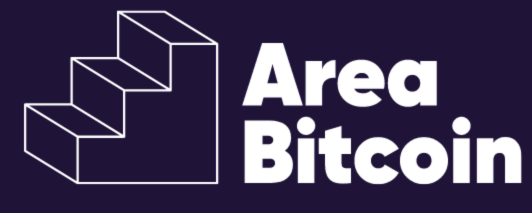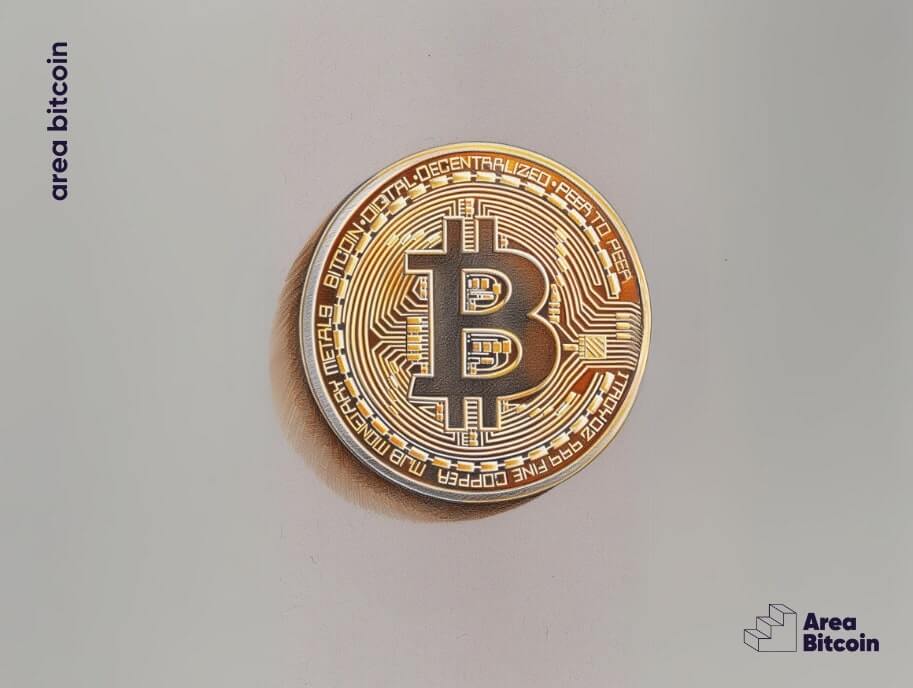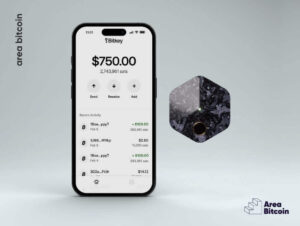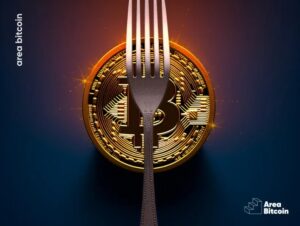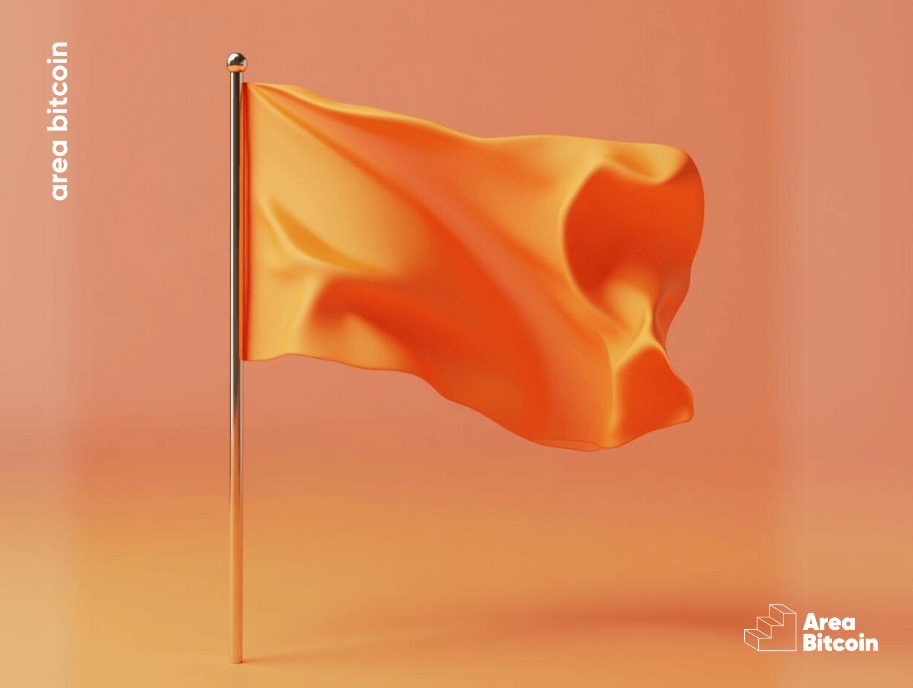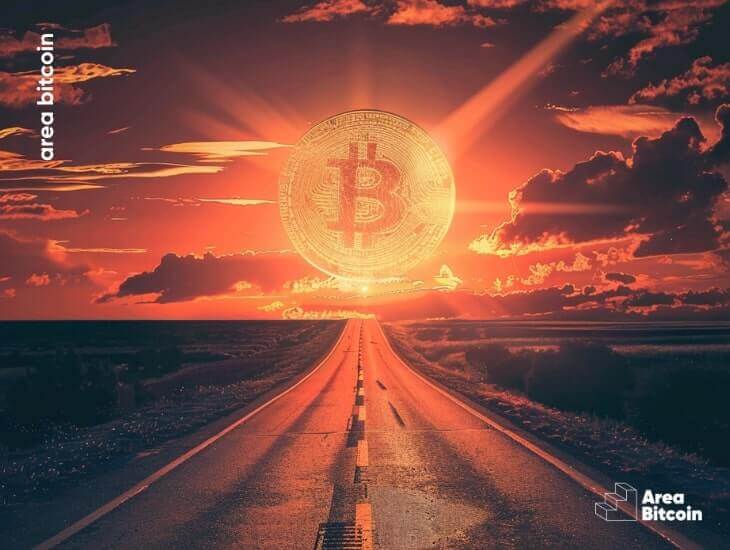Minimalism is a lifestyle where excess is removed, keeping only what is essential. Bitcoin is the minimalist version of money.
We live in a world where consumption is the law. We are bombarded all day with advertisements on television, radio, newspapers, cell phones, sound trucks, and everything that can serve as a billboard or vehicle for this unconscious competition for consumers’ attention.
Everyone chants the same mantra: “keep buying.”
But have you ever stopped to think about why?
This consumerist and accumulating culture originates in the way politics, economics, and governments function.
Let me explain.
How the Consumption Wheel Works
Until the early 1970s, the global reserve currency, the dollar, was backed by gold. With the end of the gold standard in 1971 by former U.S. President Richard Nixon, the dollar lost its backing, and consequently, all global currencies did too.
Today, no government currency is backed by an asset that functions as a long-term store of value. In other words, the currency’s value is backed by politicians’ promises.
This means that Central Banks have been issuing unbacked currency for more than forty years! Printing money is always the easiest option when a financial crisis looms.
What is seldom discussed are the consequences:
- Increasingly larger crises
- Increased inequality
- Weakening of the currency
- Rising inflation
For Central Banks to continue expanding their balances, consumption needs to remain in full swing. We are constantly stimulated to consume as more liquidity is injected. As a result, our money depreciates and becomes disposable.
For example, a hundred-dollar note no longer fills the shopping cart as it did ten years ago.
Slowing down consumption is key to exposing the fragility of the financial engineering applied by Central Banks worldwide.
The Rat Race in Investments
To compensate for the depreciation of fiat money, we need to invest in assets that appreciate faster than inflation or are resistant to it. Financial educators teach us to diversify into fixed income and variable income, but if we look analytically, these assets are correlated to a weak currency, and it doesn’t help to have a mega-diversified portfolio if, over time, we are still becoming poorer.
Therefore, investing in traditional assets is no longer sufficient. We start investing abroad in dollarized assets. But what if this inflationary spiral affects the dollar… what currency to turn to? It’s necessary to have assets resistant to this process of value destruction.
Gold used to be this uncorrelated asset, but Central Banks can also manipulate gold’s value.
This is Where Minimalism Comes In
Minimalism is a lifestyle that seeks to remove all noise, everything that is not important but still wears us out, to focus only on what is essential and makes a real difference in our practical lives.
We live in a world of excesses. There are so many obligations and so much information that it’s exhausting to filter what matters and what doesn’t. We become compulsive consumers, sweat at the word “sale,” buy everything on installment with money we don’t yet have, are swamped with bills, and accumulate junk in the closet because we’ve been conditioned to behave this way.
That’s why many people decide to live a minimalist life, with fewer things and obligations, spending energy only on what makes a difference. This change brings more mental clarity and quality of life. The famous “less is more.”
However, not consuming today is almost like an insult. Talking about reducing consumption gives chills to the owners of the printing presses. Living minimally is an affront to the entire global economic system, theatrically set up for “having” and keeping us trapped in this cycle of impoverishment.
Bitcoin is the Minimalist Money
Bitcoin emerged in 2009 and can be considered the counterculture of consumerism. It encourages you to rethink your consumption patterns, and to spend less, and more consciously. It represents a total change of mindset.
Bitcoin is minimalist money because its essence is focused on the quality of the coins created, not their quantity. Mechanisms like proof of work, blockchain, and timestamps ensure security, consensus, transparency, fraud resistance, decentralization, immutability, and real-time global network synchronization.
Bitcoin’s value
Bitcoin’s value lies in its scarcity; it is a protocol that does not allow the creation of additional monetary units at will, and it cannot be controlled by anyone. It has introduced new concepts to the financial market supported by physics, mathematics, and computing. Simultaneously, it respects and enhances the value fundamentals once solely attributed to gold.
Being an efficient and streamlined protocol, Bitcoin reinstates values forgotten by the market. It is profound and straightforward, providing the minimum that a financial system needs: incorruptible value.
That’s precisely why the asset has appreciated so much.
The world is waking up to this new form of money that digitally embodies millennial characteristics of gold: scarcity, durability, divisibility, verifiability, utility, and resistance to counterfeiting.
Previously, currency manipulation was a constant in the global economy. And those with less access to financial assets are the ones who suffer the most from inflation caused by Central Banks. Bitcoin has restored the confidence we had centuries ago in gold’s ability to maintain value, ensuring that the sweat of our labor will be preserved rather than dissipating.
Looking back, the confidence in gold’s value was so great that people even buried gold coins and bars, believing that these treasures would still be widely accepted as valuable in the future. In contrast, when we save in government currencies, we are punished with the deterioration of purchasing power. Similarly to gold, when we save in bitcoins, we are rewarded with parabolic appreciation and financial autonomy.
There is a collective belief that Bitcoin has changed over the past 13 years. However, the purer truth is that it is the people who have changed. We have evolved our understanding of money, the power of networks, and how to create more value with less waste of time and energy.
Inflation and deflation
Bitcoin is deflationary money that appreciates while all other currencies depreciate. It eliminates the need for a super complex financial mechanism because it excels at the basics, focusing on preserving value.
In contrast, fiat currencies, issued by governments, are on a path to self-destruction. The more currency in circulation, the less value each unit holds. This represents a cruel way of deteriorating your purchasing power and, consequently, the value of your work.
In conclusion, Bitcoin is minimalist because, in the not-too-distant future, it could become the only currency that preserves value over time. In other words, it will be the only one truly worth holding to preserve your wealth.
Bitcoin is minimalist money because it does not need to compensate for its loss of value with other assets; it alone fulfills what it proposes.
Less fiat and more bitcoin is the gateway to a much more abundant world.
Share on your social networks:

One of the leading Bitcoin educators in Brazil and the founder of Area Bitcoin, one of the largest Bitcoin schools in the world. She has participated in Bitcoin and Lightning developer seminars by Chaincode (NY) and is a regular speaker at Bitcoin conferences around the world, including Adopting Bitcoin, Satsconf, Bitcoin Atlantis, Surfin Bitcoin, and more.
Did you like this article? Consider buying us a cup of coffee so that we can keep writing new content! ☕
